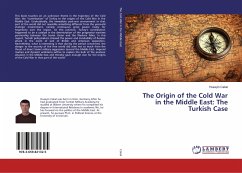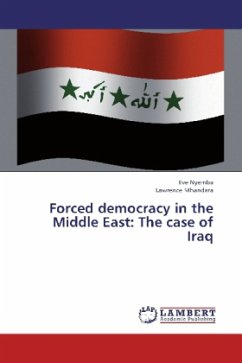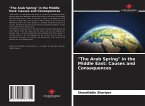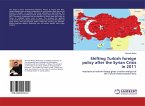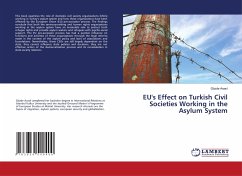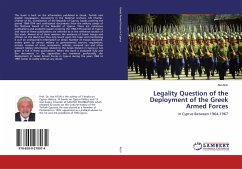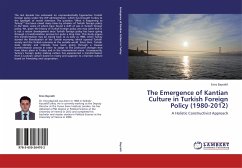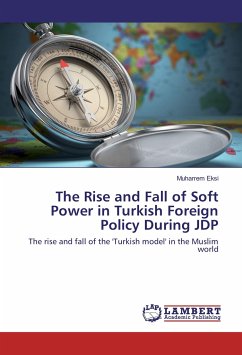This book touches on an unknown theme in the trajectory of the Cold War: the "contribution" of Turkey to the origins of the Cold War in the Middle East. Undoubtedly, the immediate post-war environment in that part of the world did not resemble something different from the years-old strategic environment, namely continuous great power rivalry for hegemony over the region. At this juncture, Turkey's contribution happened to be a catalyst in the deterioration of the pragmatist wartime partnership between the Soviet Union and the Western Allies. In this regard, Turkish policymakers stressed the power and inevitability of Russian attack in the event of lack of British and American opposition. Nevertheless, what is interesting is that during the period concerned, the danger to the security of the free world did arise not so much from the threat of direct Soviet military aggression toward the Middle East. Imperial rivalries and dynastic ambitions suffice to explain the bulk of the postwar situation in the Middle East and thereby gave enough clue for the origins of the Cold War in that part of the world.
Bitte wählen Sie Ihr Anliegen aus.
Rechnungen
Retourenschein anfordern
Bestellstatus
Storno

